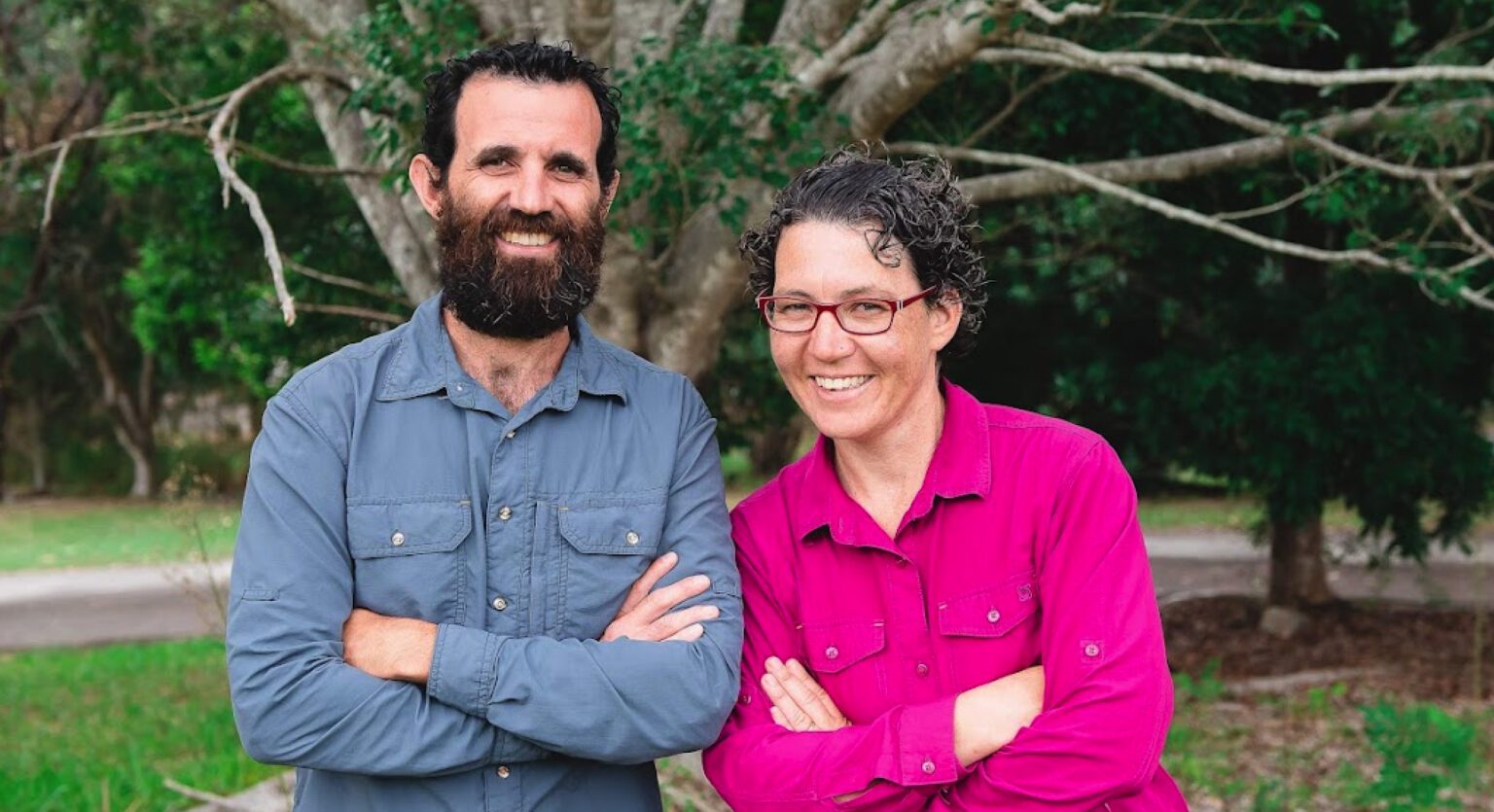Podcasts designed specifically for small business owners are treasure troves of advice, tips and insights. Here are five of the top highlights.
By Caroline Riches
From tactics for cash flow management to innovative ways to stay competitive and create marketing content, podcasts have become indispensable mentors for small business owners.
Here are the best tips from Australia’s top small business podcasts, which may help you take your organisation to new heights in 2024.
1. Create genuinely helpful content
Creating content that resonates is a challenge for many businesses. The key, says marketing expert and podcaster Jenn Donovan, is truly understanding your audience and community.
“What metaphorically keeps them up at night?” Jenn says on this episode of Small Business Made Simple. “What are they typing into search engines? What are they typing into ChatGPT or Bard? What are they wanting answers to? This is what you need to be creating your content about.”
Jenn offers five practical ways to find content ideas, which include:
- Asking Google what your ideal client is struggling with and delving into the ‘People also ask’ and ‘Related searches’ sections
- Checking out the Big Small Business Survey, which is like an annual census for small businesses
- Reading industry publications and blogs
- Joining the Facebook, Reddit and Quora communities where your clients hang out.
Jenn adds that Feedly and BuzzSumo are also useful platforms that can track insights on your niche across the web.
Listen to the podcast here.
2. Save money with tax deductions
From deducting the full costs of assets costing up to $20,000, to maximising your deductible superannuation contributions to bringing forward expenses for office supplies or technology, Jordan Kidis of Grey Space Advisory, an accounting firm for small businesses, has plenty of tips for tax time.
In one of the Australian Business Podcast’s most popular episodes, he shares seven tax-saving hacks with host Owen Raszkiewicz that small businesses and sole traders may not be aware of.
Other tips include doing an end-of-year stocktake, with e–commerce businesses or others with expiring goods able to claim obsolete stock as a deduction; how to write off bad debts; and making prepayments for the year on rent or subscriptions that allow you to claim more at tax time.
And if your expenses or asset purchases push your business into loss, that can be a good thing too.
“If you push yourself from a profit to a loss, you can carry forward those losses to offset next year,” explains Owen.
Listen to the podcast here.
3. Become a media spokesperson for your industry
“A lot of people are fearful about doing media because they don’t think they’re going to be any good,” says Nic Hayes at Media Stable, which connects business owners with the media.
But with a bit of training, he believes media exposure allows small business owners to give their personal brand and their business brand “a massive boost”.
In this episode of The Small Business Big Marketing Podcast, Nic tells podcast host Timbo Reid how small business owners can capitalise on their knowledge of their industry and share their expertise.
“There are lots of opportunities … just getting your foot in the door with any form of media is crucial for all business owners.”
Being authentic and being able to convert your message into something relatable and engaging is key, he shares, as is being able to prioritise media work.
“You’ve got to want to do it,” he says.
Listen to the podcast here.
4. Be cyber security-savvy
Australia is one of the most hacked countries in the world.
Yet cyber security expert Catriona Forde from CaIT says few organisations are cyber security-savvy and actually think about the devastating impacts an attack could have on their business and the mental health of themselves and their staff.
“When you talk about losing social media accounts … the stress and worry and concern is shocking,” she tells the Business Women Australia Podcast Show’s host Leanne Jeffery. “You’re going to go through grieving because you’ve lost part of your business.
“When your systems go down that you can’t recover, it could signal the end of your business.”
To make things worse, cyber-attacks remain a taboo, with business owners worried that disclosing them risks losing their clients’ trust.
Multi-factor identification, strong passwords, a good anti-virus software and a reputable IT company to protect your data are all important ways to be cyber-secure, shares Catriona.
Listen to the podcast here.
5. Hire passionate staff
Abe Udy founded audio production house Abe’s Audio in his bedroom with a dial-up modem. He has now produced more than half a million jobs and employs 22 full-time staff.
Abe credits his business success on hiring staff who are passionate. In a Grow a Small Business podcast episode, he shares with host Troy Trewin a favourite quote: “It’s easy to give passionate people the skills but it’s hard to give skilled people the passion.”
“Let’s find people who love the job they are passionate about and let’s help skill them up,” Abe says.
“I have an amazing team now and they are sold on the vision; they are passionate, they actually care … You couldn’t ask for anymore.”
Listen to the podcast here.
A Prospa Lending Specialist can help explain how a Prospa Business Line of Credit can help your business manage ongoing costs relating to hiring and employees’ salary. Applying takes just 10 minutes and funding is possible in less than 24 hours.








